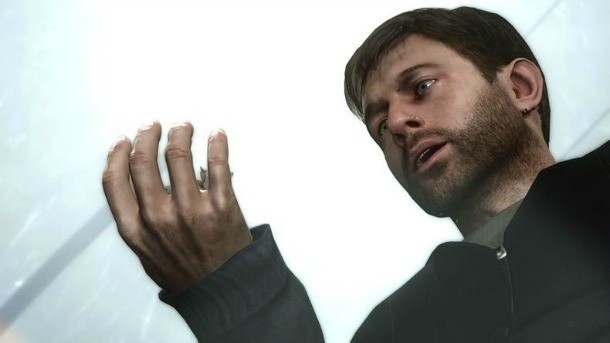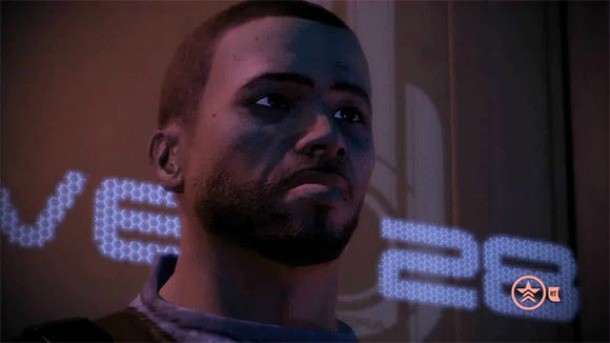Why Quick-Time Events Work

Yesterday, Adam Biessener wrote a passionate editorial on why he feels quick-time events (QTEs) are never the right solution. While he raises some good points, I don’t think QTEs have no value in games, they function well in some scenarios. Never say never, Adam. Below I’ve mapped out reasons why they work.
They build suspense
Let me paint an imaginary - and I’m sure this has happened somewhere - gameplay scenario off the top of my head, say you’re in the middle of an intense battle, but your weapon gets stuck in the ground. Imagine an enemy sprinting toward you, your life depends on lifting out that weapon. Now let me ask you what’s more intense – tapping to lift that weapon from the ground, or simply watching a panicked character attempt the feat?
I’d argue that tapping a button in a frenzied situation creates an adrenaline rush like I’m right there in the battle. How about in Heavy Rain where you have to decide about cutting off your finger right in front of your eyes? Not only did you have to stare at the finger, but you continue pressing for each slice. For on-the-fly and psychological moments, QTEs can actually transport you right to the moment. I’d rather be a part of scenes like this than casually observing.
You’re Forced To Pay Attention
Let’s face it; we live in a multi-tasking world. I don’t know about you, but sometimes while I play games I’m inclined to check my phone or email. I always get angry at myself as it pulls me right out of the experience. Whenever I know a game has QTEs, I’m constantly on alert. Say what you will, but I’ve found I actually pay closer attention to the story in games with QTEs. Also, when cutscenes are too long, we all tend to zone-out. If a QTE comes at the right point, you’re brought right back to the scene. They also keep you on edge because you never know when they’re coming or when a scene may change its course. It adds an unpredictability not so dissimilar from real life and I like when I’m kept on my toes.

Adding Realism To Choices
Games like Mass Effect and The Walking Dead insert QTEs with dialogue decisions. In Mass Effect, you can interrupt, which sometimes changes the course of a mission, while in The Walking Dead they force you to make quick decisions. Mass Effect makes a statement by giving you the decision to make one or not; sometimes in life, you speak up, others you know it’s better to keep your mouth shut. Also, in The Walking Dead, due to limited time, I’m more likely to go with my gut reaction. This allows me to see its consequences, which adds a realistic touch to the tale. Not all choices in life are carefully thought-out, some need to be made quickly, and so this adds a layer of depth to your choices.
They Make It About You
Perhaps the best part of a QTE is that sometimes it can say something about you. A good example is the fight with Zeus in God of War III. How’d you feel as that screen bloodied up? When did you stop tapping the button? The moment forces you to realize you’re behind those fists and chose to hit Zeus as many times as you did. That rage and blood is on you. The anger is built up so well throughout the entire game that the moment is all that tension coming to blows. As noted earlier with the Heavy Rain finger cut – were you so emotionally invested that you went there? Did you wimp out because you couldn’t bear to see it happen? That’s a sign of game getting into your psyche and QTEs help make that happen.
Moderation Is Key
With anything, do something too much and it loses its edge, which is what seems to happening with QTEs. But if they’re conceptually sound and used within the right situation, they breathe life into scenes. Sometimes a well-placed button press enhances your experience, taking you out of merely observing and interacting with them in some way. Maybe in the future, developers will create an even better experience, but for now, QTEs are here and they’re not all that horrible.

Get the Game Informer Print Edition!
Explore your favorite games in premium print format, delivered to your door.
- 10 issues per year
- Only $4.80 per issue
- Full digital magazine archive access
- Since 1991






